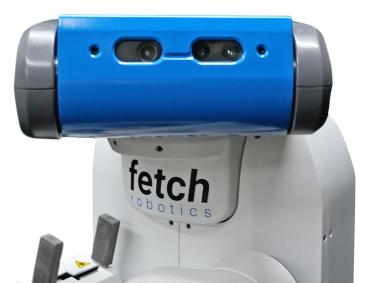
Principals
Carson Bruns; Allesandro Roncone; Dan Szafir

Funding
National Science Foundation (NSF)

Collaboration + support
ATLAS Institute; Computer Science; University of North Carolina Chapel Hill Department of Computer Science
Learn more about this topic:
 A team led by Carson Bruns, assistant professor of mechanical engineering at the ATLAS Institute, received a $1.8 million grant from the National Science Foundation for “Human-Robot Collaboration for the Future of Organic Synthesis.” They aim to develop robotic chemistry assistants to accelerate progress in critical fields by safely automating routine but challenging laboratory tasks.
A team led by Carson Bruns, assistant professor of mechanical engineering at the ATLAS Institute, received a $1.8 million grant from the National Science Foundation for “Human-Robot Collaboration for the Future of Organic Synthesis.” They aim to develop robotic chemistry assistants to accelerate progress in critical fields by safely automating routine but challenging laboratory tasks.
“Our goal is to develop technology that can be the hands of chemists,” says Bruns, “freeing them to do the hard cognitive work only people can do.”
Designing a robot to operate alongside researchers in tight, cluttered spaces with dangerous chemicals is difficult. The team will deploy accelerometers, proximity and pressure sensors, and flexible artificial skin coupled with custom software allowing the device to act on visual and verbal cues in the lab.
Photos: Students help a prototype robotic chemistry assistant learn to collaborate with humans (top); robotic chemistry assistant.
